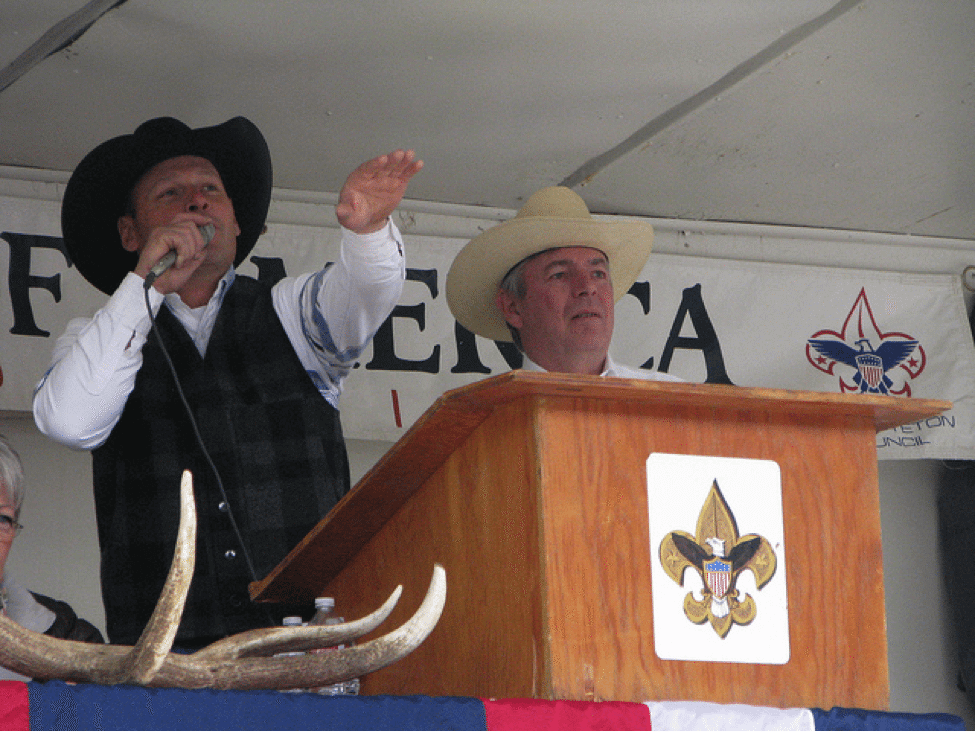What Happened in this Case?
The defendant’s website, greatdomains.com, operated similarly to ebay.com, except that greatdomains catered specifically to auctioning off Internet domain names. After obtaining rights to a certain domain name by paying the registration fee, a person could then go to greatdomains.com and sell those rights to the highest bidder. For providing this service, among others, greatdomains.com earned a fixed percentage of the price of every domain sold over its website.
Ford Motor Company eventually discovered that someone who registered domain names which Ford believed infringed its marks of “Ford,” “Lincoln,” “Jaguar,” and “Volvo” was attempting to sell them via greatdomains.com. Ford sued the parties trying to sell the domain names, as well as greatdomains.com for providing the auctioning service. In turn, the defendants moved the court to dismiss the claims.
Was Greatdomains.com Liable?
In its decision, the United States District Court for the Eastern District of Michigan dismissed Ford’s claims under the ACPA against greatdomains.com, but allowed the claims against the parties who registered the infringing domain names to move forward.
The court explained that the first part of establishing a claim under the ACPA is proving that the defendant registered, used, or trafficked in the relevant domain names. Ford did not claim that greatdomains.com registered any of the alleged infringing domain names, nor did greatdomains.com actually register any of the names. Further, the court explained that under the ACPA, greatdomains.com couldn’t be found to “use” any of the domain names because the ACPA mandates that “using” a domain name involves either registering the domain name in question or being the authorized licensee of the domain name. Therefore, the final inquiry hinged on whether greatdomains.com “trafficked” in the domain names.
Adopting a straightforward approach, the court concluded that the plain meaning of “traffics in” as stated in the ACPA “refers to transactions that include, but are not limited to, sales, purchases, loans, pledges, licenses, exchanges of currency, and any other transfer for consideration or receipt in exchange for consideration.” The court identified that the key words were “transfer” and “receipt” which both implied “some level of ownership or control passing between the person transferring and the person receiving.” Since greatdomains.com did not transfer or receive the domain names sold on its site, its activity couldn’t be considered trafficking.
The court found further support that its interpretation of “traffics in” was sound by considering the “bad faith intent to profit” element required under the ACPA. The court explained that bad faith focuses on the legitimacy of the defendants’ use of the domain name, and only persons directly transferring or receiving a property interest in the domain name could be liable. Since the first element of establishing a claim wasn’t met, the suit against greatdomains.com alleging violations of the ACPA was dismissed.
Takeaway
This case involved a rather unique set of facts that gave rise to claims under the ACPA. Moreover, the court considered a number of other complex legal issues, which included deciding what claims the court could properly hear, whether an auctioning site could be found contributorily liable in the sale of domain names, and many others. The moral of the story here is that experienced legal counsel can make all the difference.
For more information about cybersquatting, contact Revision Legal’s Internet attorneys here or call 855-473-8474.
